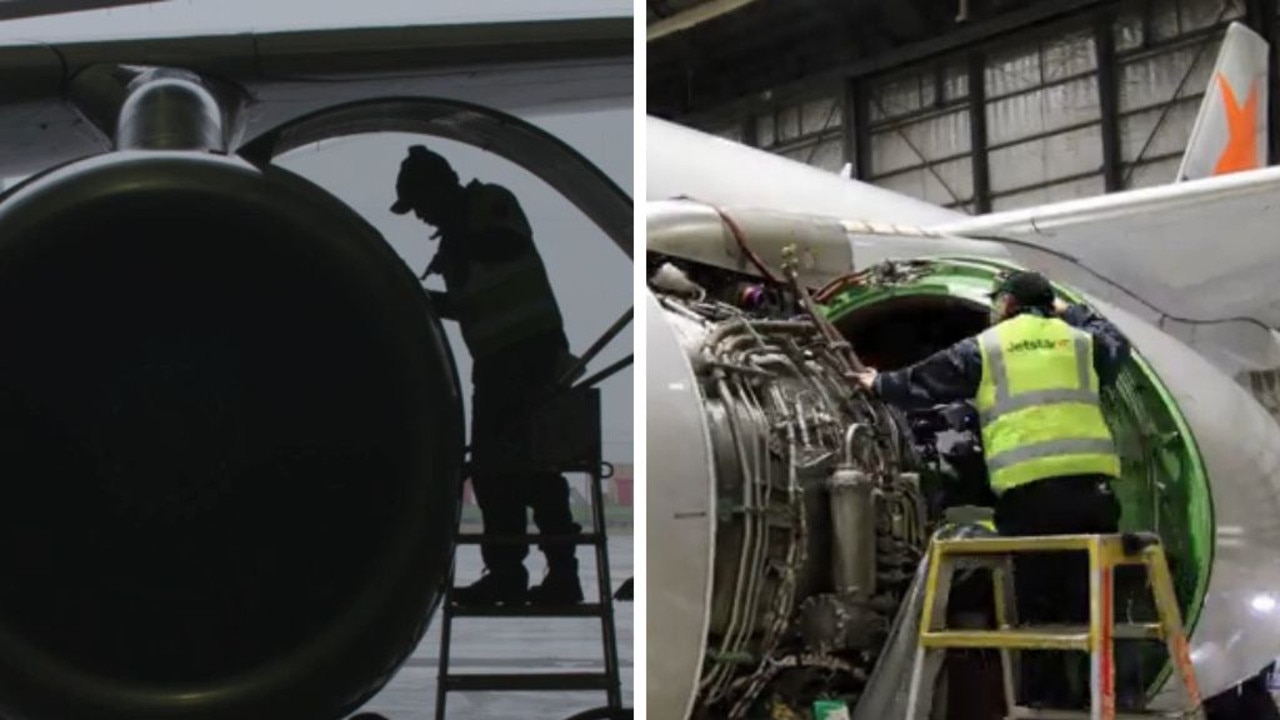What AstraZeneca changes may mean for overseas travel plans
Australia had been aiming to open its international borders beyond New Zealand from the end of October, but now that plan sits in limbo.
Australians hoping to dust off their passports and travel overseas once again may be faced with a major setback, after the Federal Government announced that those under 50 should not receive the AstraZeneca jab due to blood clot fears.
Prime Minister Scott Morrison addressed media on Thursday evening, advising that the AstraZeneca COVID-19 vaccine was no longer recommended for under-50s, only the Pfizer jab.
As a result, there are concerns that the changed advice will inevitably cause a major setback in the vaccine rollout plan, which Mr Morrison hoped to see every willing citizen vaccinated by the end of October.
RELATED: Vaccine side effects compared as Australia changes rollout
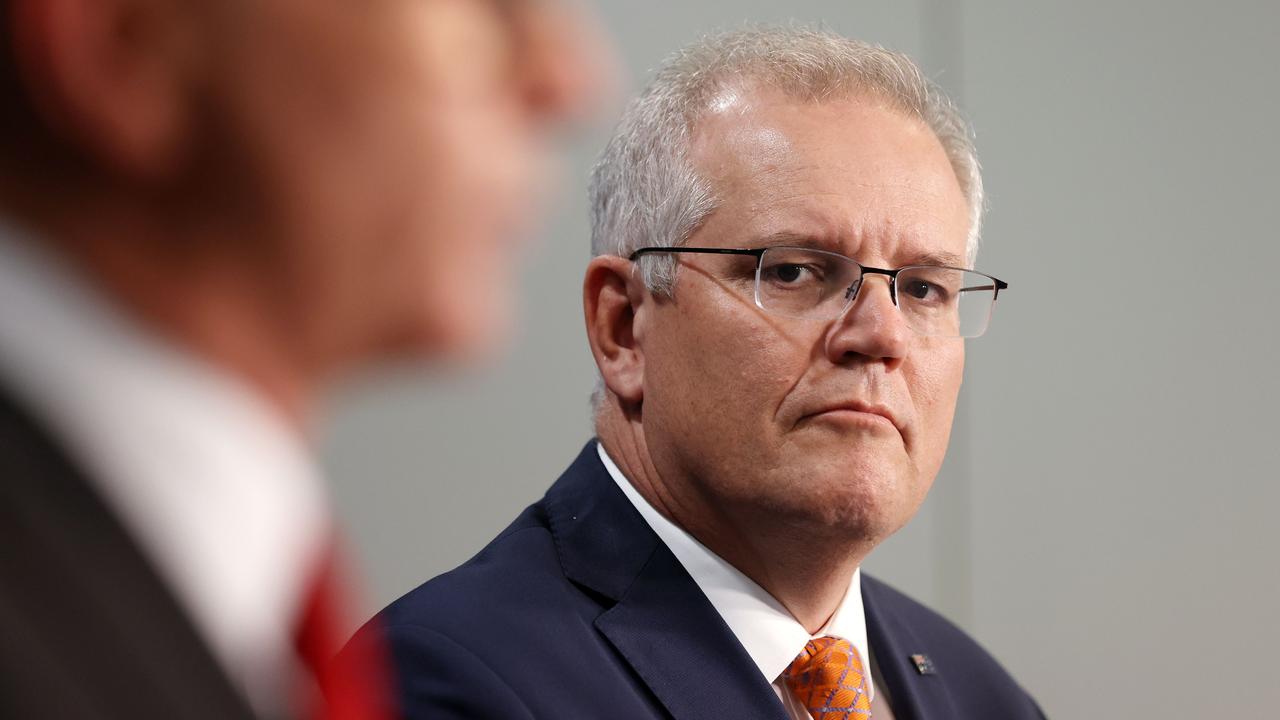
RELATED: What vaccine fallout means for you
There are fears that vaccinating the entire nation will not be finished on target – which may hinder the resumption of international travel as hoped by airlines like Qantas by the October deadline.
Qantas Group CEO Alan Joyce announced in February at the airline’s half-yearly trading update that both Qantas and Jetstar international flights would make a comeback from October 31 in line with the Government’s expected completion of Australia’s COVID-19 vaccine rollout.
However the revised vaccination advice will undoubtedly put that date in limbo, making it a hot topic at Friday’s National Cabinet meeting.
News.com.au has contacted Qantas for comment.
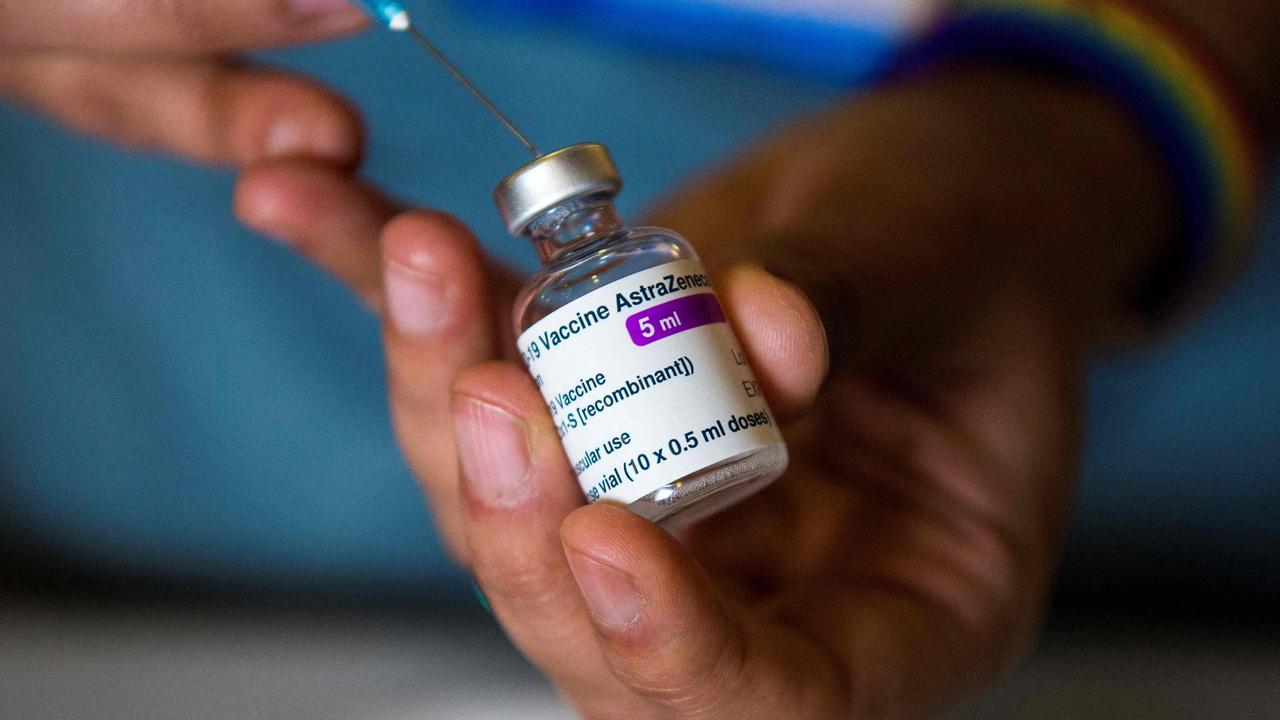
The recommendation by the Australian Technical Advisory Group on Immunisation (ATAGI) was accepted by the Government under an ‘abundance of caution’ over the ‘rare but serious’ side effects of the AstraZeneca vaccine.
Australia has joined a growing list of countries worldwide electing to restrict the rollout of the AstraZeneca vaccine. The UK is offering under-30s an alternative, while Canada and France are limiting the jab to over-50s, Germany to over-60s and Iceland to people aged over 70.
However, Prime Minister Scott Morrison stressed that “ultimately, the choice is with individual Australians and their doctor” and that there was “not a prohibition” on the AstraZeneca vaccine, but simply a “preference”.
The vaccine is still being recommended for over-50s because the risk of blood clots is lower and the risk of severe illness or death from COVID-19 is higher.
This means that people under 50 with an underlying health condition or frontline job may decide that the benefit does outweigh the risk.
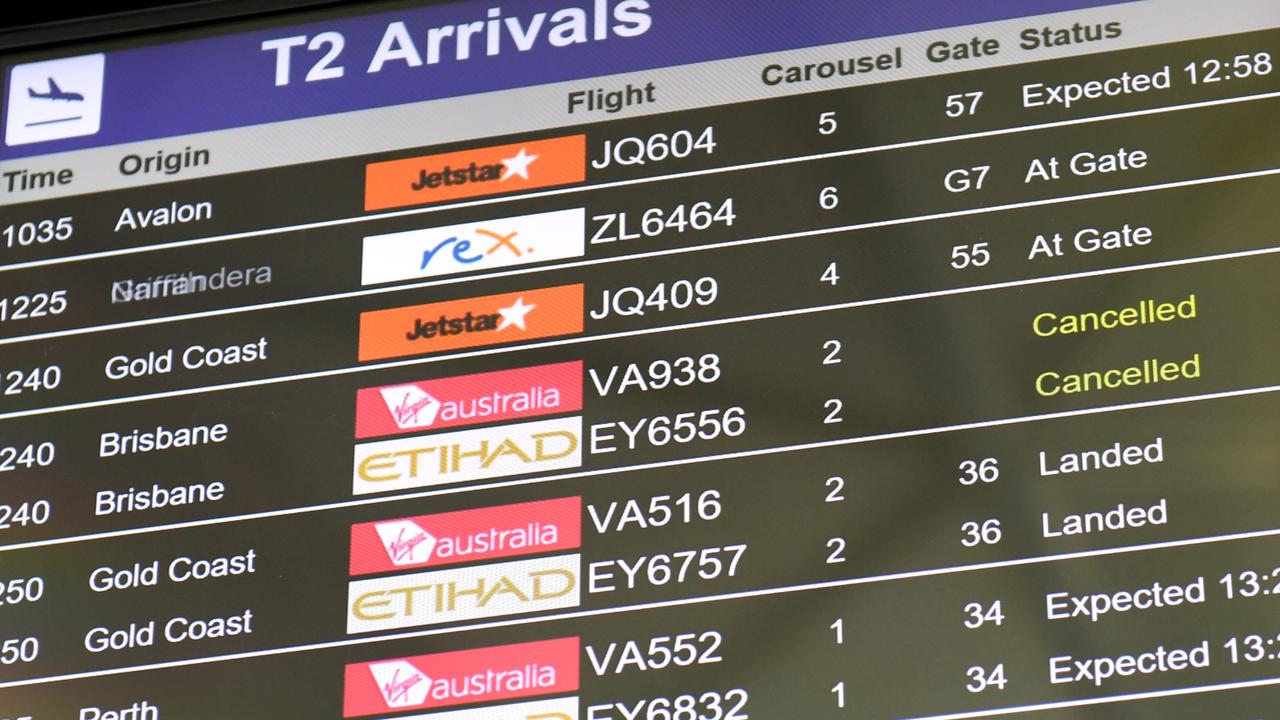
Mr Morrison pointed out that the risk of the blood clots was only about four to six in a million.
This is far lower than the risk of clots among people taking the contraceptive pill (one in 2000) or travelling on planes (one in 4656 flights lasting over four hours). In fact, up to 30 per cent of people who have COVID-19 will get thrombocytopenia, making the risk from the virus much higher, Professor Munir Pirmohamed, chair of the UK’s Committee of Human Medicines, told Sky News.
Department of Health Secretary Dr Brendan Murphy said the Government was unable to say how the setback will impact the country’s rollout timetable, including how it will impact the reopening of international borders.
“We will have to replan … how we will deliver vaccines and we’ll have to come back at a later stage with better estimates on when things in each phase will be completed,” Dr Murphy said.
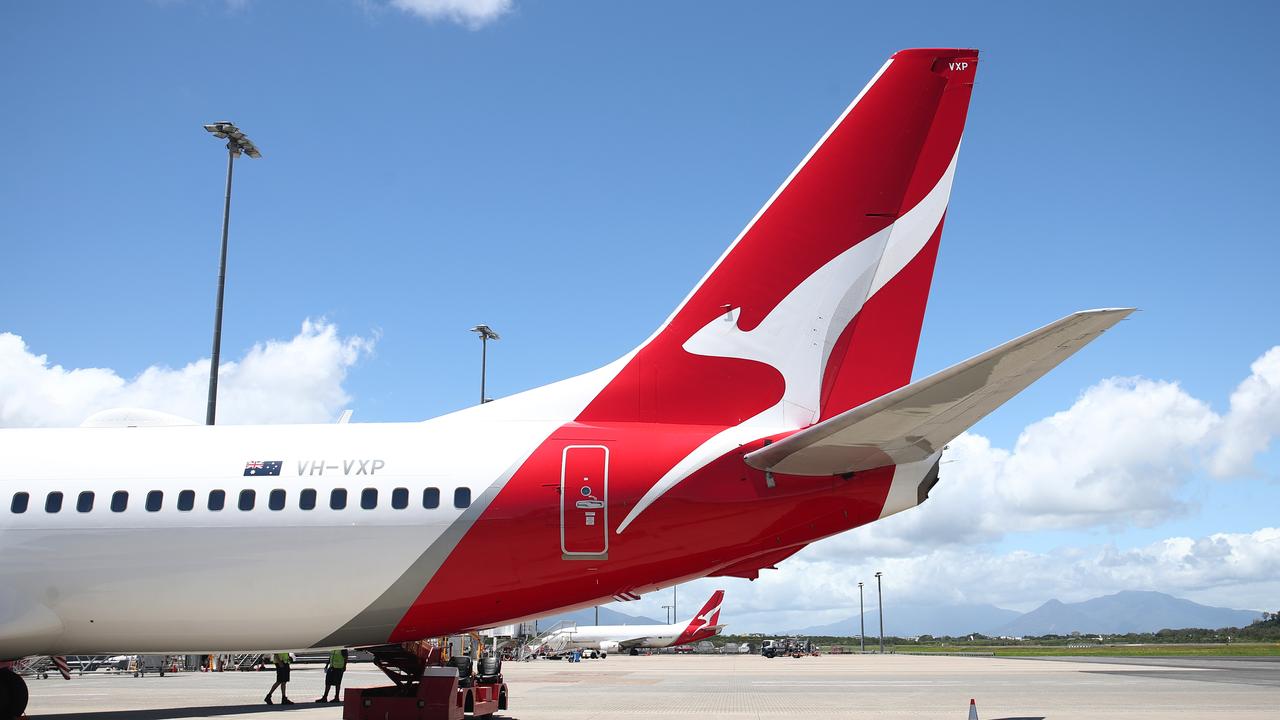
With national cabinet set to meet today, chief medical officer Paul Kelly said the issue of border closures will be discussed by Prime Minister Scott Morrison and state and territory leaders.
Mr Kelly said the discussion around a “rethink” of the COVID-19 vaccination rollout timeline, which was for all Australian adults to receive their first vaccine dose by October, will also be on the table.
“There will be specific discussions about the reopening of Australia at the national cabinet today,” he told ABC News on Friday morning.
“I will not pre-empt those discussions, only to say that the Australian Health Protection Principal Committee, with the chief health officer group that I chair, has had really strong and meaningful and very good discussions about our reactions to outbreaks and so forth, including the issue of border closures.”
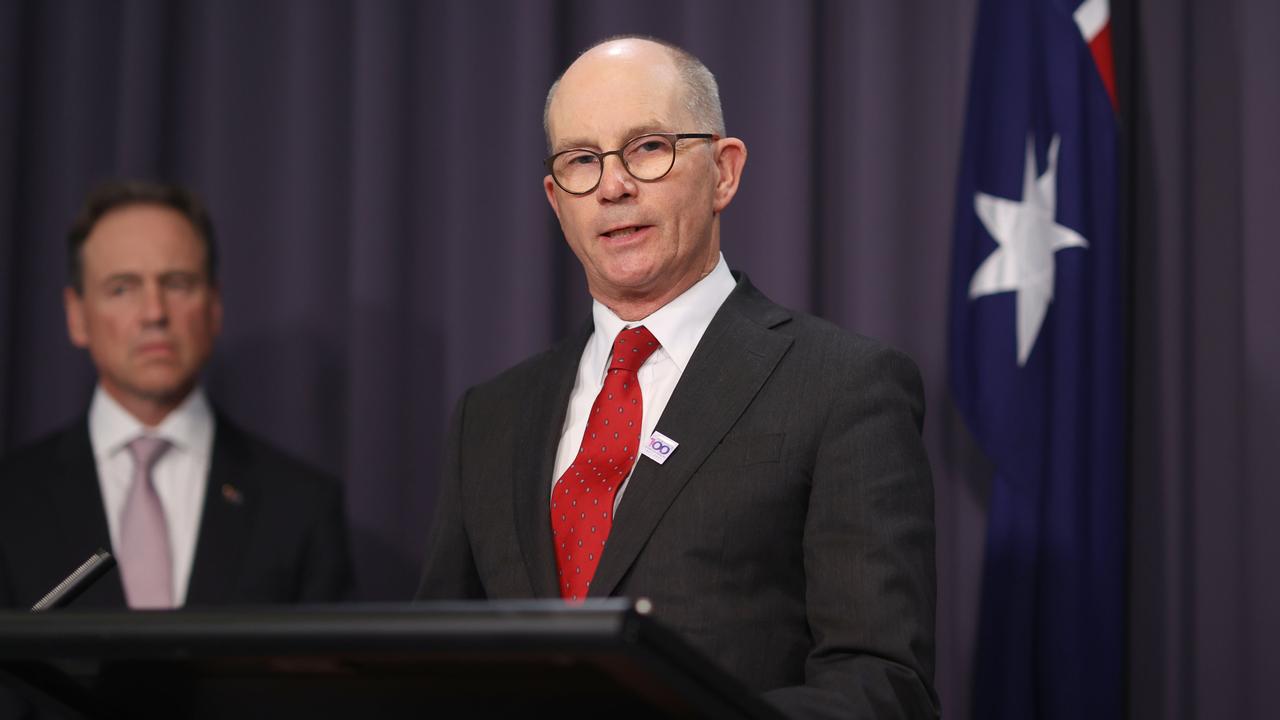
The setback comes just days after Australian residents were given their first taste of overseas travel normality – with New Zealand Prime Minister Jacinda Ardern announcing the trans-Tasman travel bubble will be open from April 19.
The new corridor will means Australians can travel over the ditch and into New Zealand without needing to enter mandatory hotel quarantine.
The announcement of the travel bubble between both nations was dubbed by Ms Ardern as a world first of sorts, and an “important step” in post-pandemic recovery.
Earlier this year, Prof Murphy said he was hopeful international travel would be on the cards again from 2022, after vaccine programs were completed in Australia and rolled out extensively around the world.
– with Emma Reynolds


